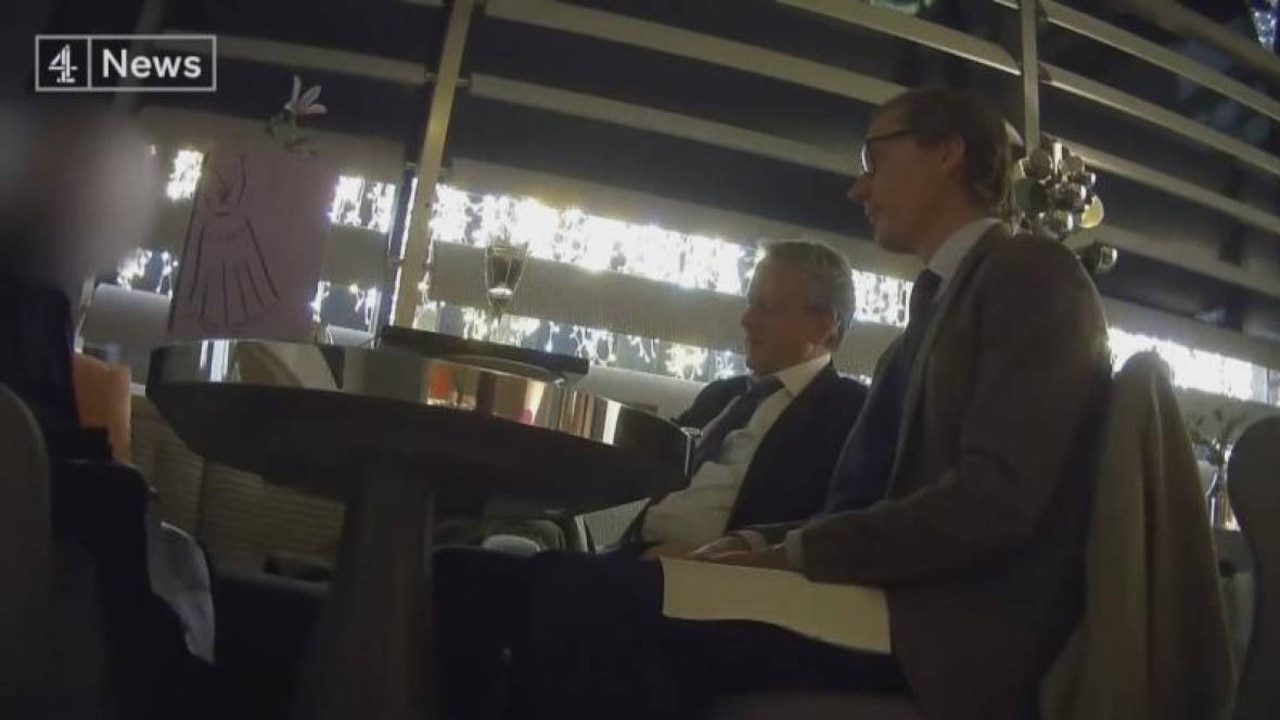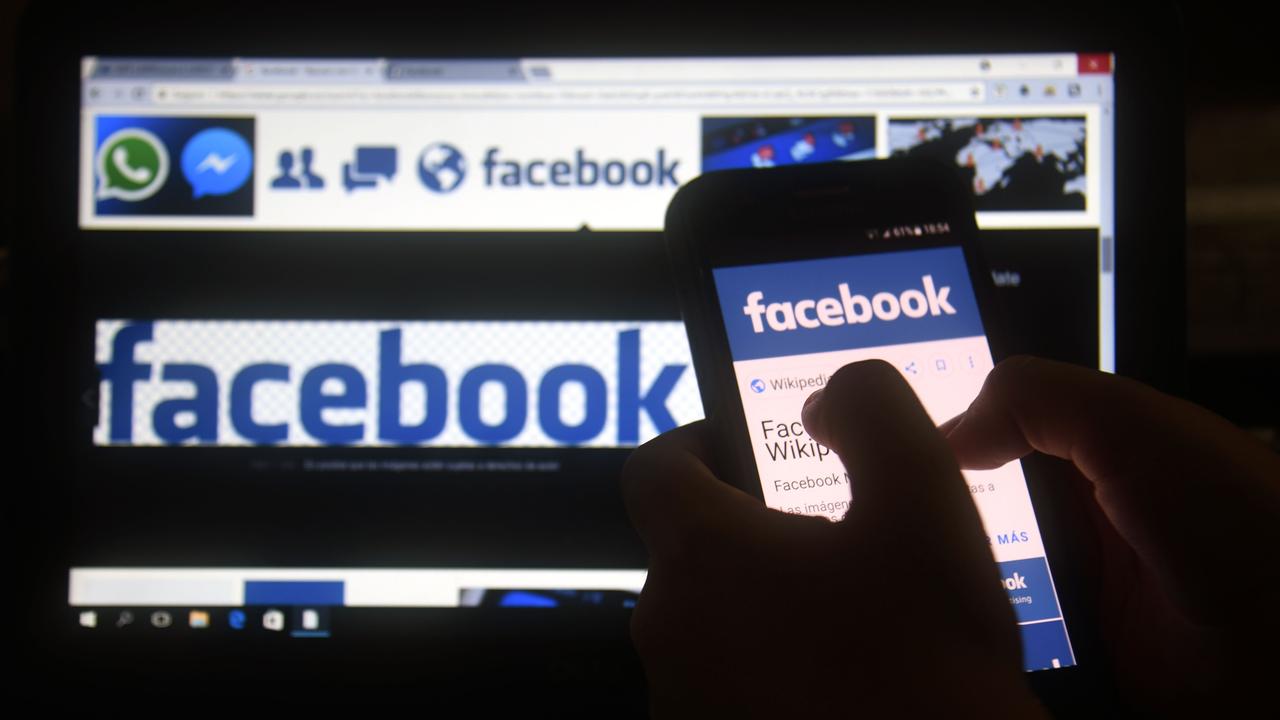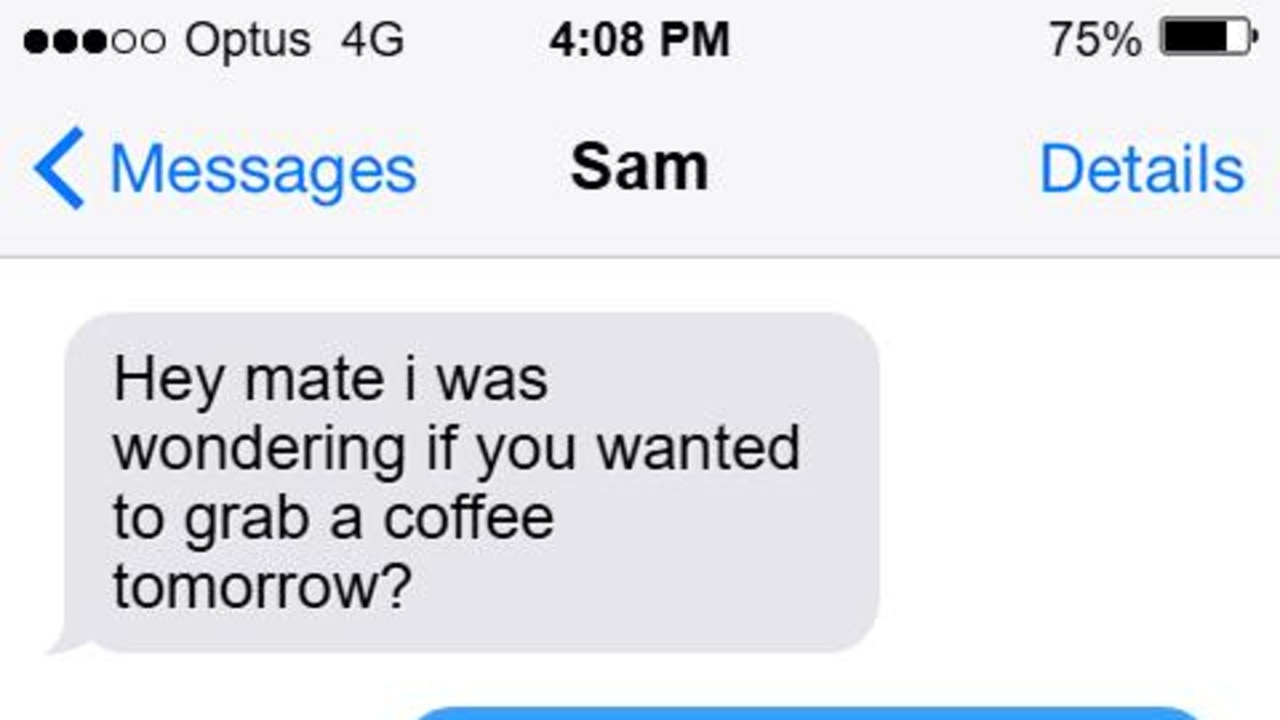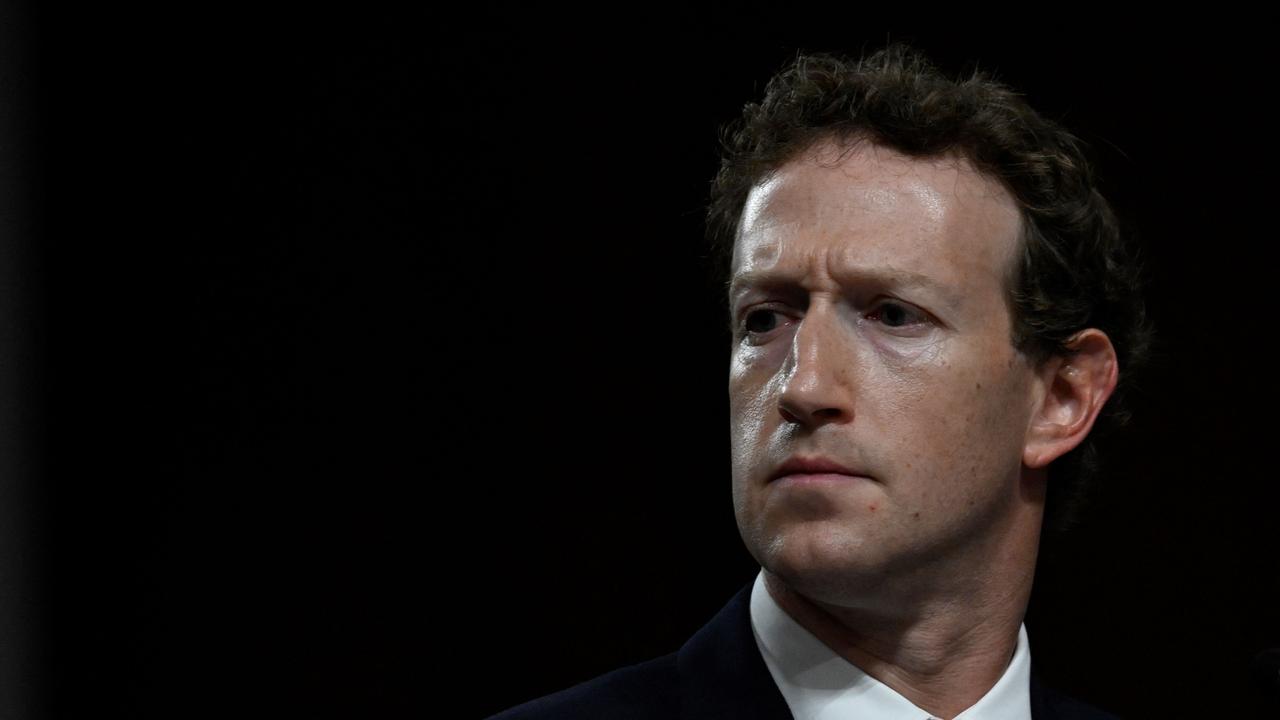How an exposed political consulting firm left people fuming over their data privacy
PEOPLE are now more paranoid about their social media activity than ever before. And it all started with these dirty tricks.

FACEBOOK is currently embroiled in the biggest scandal of its time.
As CEO Mark Zuckerberg continues to face intense scrutiny, users around the world don’t know whether or not they can trust the social media giant with their data again.
As many as 87 million Facebook users — including 300,000 Australians — may have had their private information siphoned from their accounts.
At the heart of this scandal sits Cambridge Analytica, a British data analysis firm that offers services to businesses and groups wanting to “change audience behaviour”.
The firm is best known for its work with Donald Trump’s presidential campaign in 2016.
But what Facebook users didn’t know was that the firm was collecting information on millions of users who did not consent to having their personal information stored.
ABC’s Four Corners segment on Monday night looked back on how the scandal unfolded, and how seemingly easily campaigns can be manipulated in the age of the internet.
HIDDEN CAMERAS REVEAL DODGY DEALINGS
Britain’s Channel 4 News exposed Cambridge Analytica’s alleged dodgy practices in a series of meetings filmed at London hotels between November and January.
An undercover reporter posed as a fixer for a wealthy Sri Lankan client seeking election, and asked the company to explain how it influences election outcomes.
In the hidden camera footage, played by Four Corners, the company boasts of its work for Donald Trump in the 2016 election.
“We did all the research, all the data, all the analytics, all the targeting, we ran all the digital campaign, the television campaign and our data informed all the strategy,” said its chief executive Alexander Nix.
He described the company’s dodgy practice methods for undermining opponents in the past, including “sending some girls around to the candidate’s house”, or staging a bribe, secretly filming it and posting that on the internet.

He also described how the company could create proxy organisations to publish negative material about opposition candidates on social media, which reached millions of people on different platforms.
“Sometimes you can use proxy organisations who are already there. You feed them. They are civil society organisations.. Charities or activist groups, and we use them – feed them the material and they do the work.
“We just put information into the bloodstream to the internet and then watch it grow, give it a little push every now and again over time to watch it take shape. And so this stuff infiltrates the online community and expands but with no branding – so it’s unattributable, untrackable.”
In a separate exchange, Nix said the company made itself untraceable using a self-destructing email system.
“No-one knows we have it, and secondly we set our… emails with a self-destruct timer… So you send them and after they’ve been read, two hours later, they disappear. There’s no evidence, there’s no paper trail, there’s nothing.”

Mark Turnbull, the company’s managing director, describes how they have to sway people’s minds without them knowing it’s propaganda:
“We just put information into the bloodstream of the internet, and then, and then watch it grow, give it a little push every now and again … like a remote control. It has to happen without anyone thinking, ‘that’s propaganda’, because the moment you think ‘that’s propaganda’, the next question is, ‘who’s put that out?’”
Cambridge Analytica has denied any wrongdoing. After the allegations came out, Nix said the scenarios they described in the hidden footage were hypothetical.
“In playing along with this line of conversation, and partly to spare our ‘client’ from embarrassment, we entertained a series of ludicrous hypothetical scenarios,” Nix said in a release. “I must emphatically state that Cambridge Analytica does not condone or engage in entrapment, bribes or so-called ‘honeytraps’, and nor does it use untrue material for any purpose.”
THE WHISTLEBLOWER WHO EXPOSED THE COMPANY
“If you don’t ask questions, you won’t get an answer that you don’t like.”
This is how Cambridge Analytica whistleblower Christopher Wylie described the climate at his former workplace, when the data analysis company’s dodgy dealings became apparent.
“Everyone knew we were wading into a grey area,” he said while speaking with Channel 4, in the interview aired by Four Corners.
“If we look at what Cambridge Analytica does online, it’s coercive. People don’t know that it’s being done to them.
“Computers are better at understanding who you are as a person than even your coworkers or your friends.”

He essentially described an information war, with you - the social media user - as the primary target.
Wylie was driving that war. “I was instrumental. I was at the heart of it,” he said.
Wylie explained that the data analysis company was able to get a dramatically insightful reading of a person’s habits and emotions through their social media activity.
“On social media, you curate yourself,” he said. “You put so much information about who you are in one single place. So whenever you go and you like something, you are giving me a clue as to who you are as a person.
“All of this can be captured very easily and run through an algorithm that learns who you are. When you go to work, right, your co-workers only see one side of you. Your friends only see one side of you.
“But a computer sees all kinds of sides of you. And so we can get better than human-level accuracy at predicting your behaviour.”
He said the company was so effective because people had no idea they were potentially being brainwashed based on their own data.
“There is a lack of awareness. It is coercive. People... If I am studying you and I have enough information about you, because you’ve curated your entire self online and I capture that, I can anticipate what are your mental vulnerabilities, what cognitive biases might you display in certain situations... and I can exploit that.”

He accused the company of inventing fabrications with its political messaging, saying the masterminds “knowingly misrepresent the truth in such a way that is conducive to their objective”.
“I was there. We worked on all kinds of experiments about what would... what would lead a person from A to B.”
Wylie readily admitted to being a hypocrite in all this, given he was instrumental to it.
“It weighs on me that I played a pivotal role in setting a company that has done a lot of harm to the democratic process in a lot of countries,” he said. “But I was naive. I made a big mistake.”
WHAT NEXT?
The data scandal has shined a new spotlight on data and privacy in the digital world.
Zuckerberg even admitted last week that his own data had been improperly shared with the company, although he did not go into detail.
While taking questions from senators over the scandal last week, Mark Zuckerberg said Facebook was committed to winning back its users’ trust.
Under new rules, companies will need explicit consent from users to share their data with third parties and people will have the right to know what personal information is stored about them and to ask for it to be deleted.
The question — and perhaps one of Facebook’s biggest concerns now — is whether it’s a case of too little, too late.



